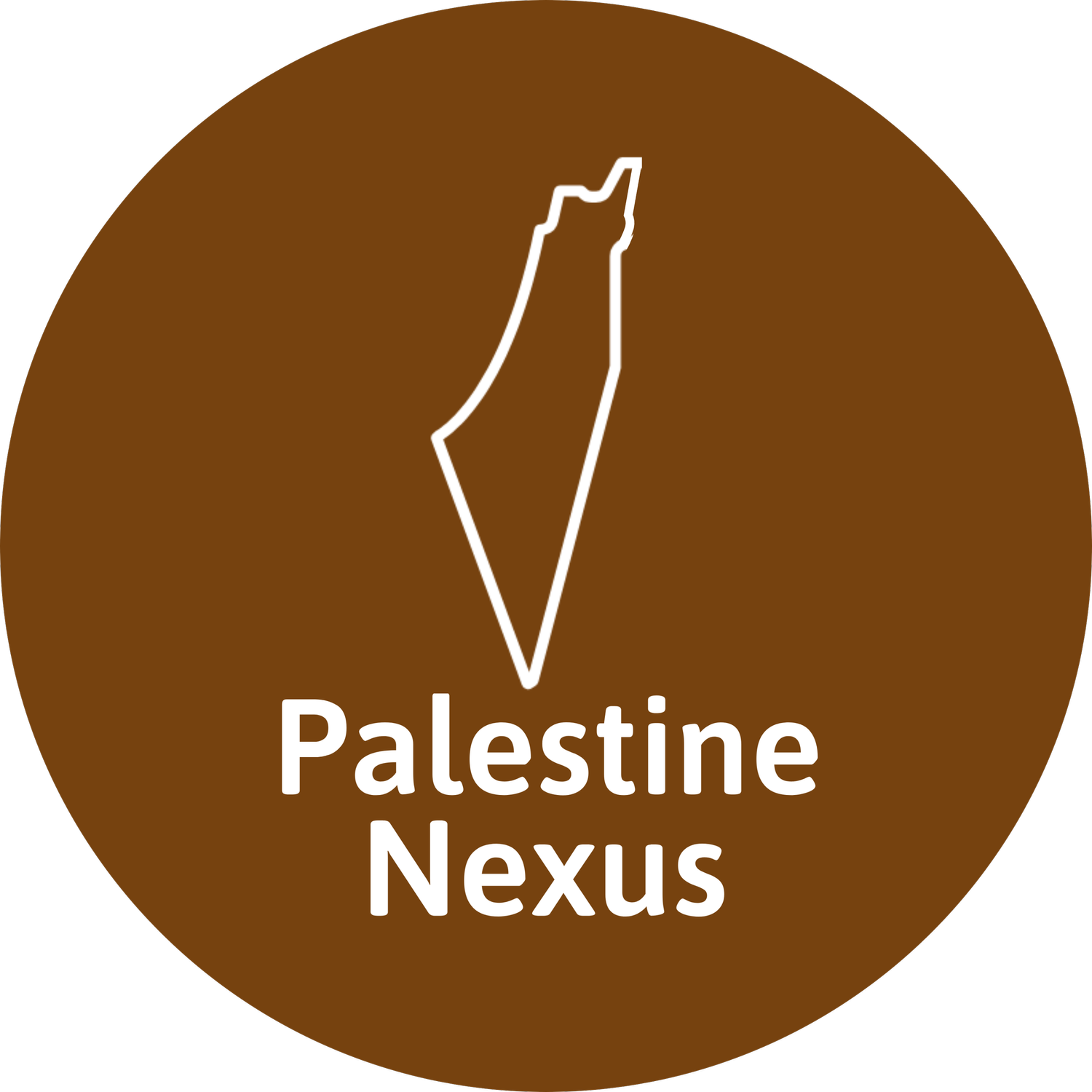From siege to genocide: Life in Gaza since October 7th
Marah Shaqqoura displays her red dress found amidst the rubble of her home, in North Gaza, during the temporary ceasefire, February 15, 2025.
I never imagined I would be writing these words while searching for a place to charge my phone among the ruins of my home in northern Gaza. I didn't think that writing would become a form of resistance or that words would be the only screams we have left after our schools, homes and bread lines were transformed into baths of blood.
But what has happened in Gaza since October 7, and what continues to happen, is a slow-motion genocide woven with the tears of mothers and the cries of children. The scent of burnt bread from the bombed-out bakeries, burnt concrete from the bombed out homes and burnt flesh from the bombed out refugee camps permeates Gaza.
On the morning of October 7, everything changed. It wasn't an "unproved attack," as foreign media calls it. It was the day Israel began to rain missiles down on Gaza, shattering the lives of over two million people.
From that moment, Gaza stopped sleeping. Families huddled in corners, waiting for the bomb that would incinerate them into ash. Children began to ask the question none of us could answer: "When will this end?"
Within days, the Israeli military began sending messages to residents of northern Gaza: "Evacuate immediately." The message was simple: Leave or die. It became clear that the war was not against armed factions, but against the Palestinian people, our very existence in Palestine.
People packed small bags, clung to their children, and walked through the ruins toward the unknown. Nearly 1.9 million people - about 85% of Gaza's population - were forcibly displaced. Entire neighborhoods emptied. But even the south, supposedly "safe," was mercilessly bombed. Nowhere was safe. The entire strip became a death zone.
"Where do we go?" No one had an answer.
Food - that simple, everyday thing - disappeared. Bakeries were bombed. Flour became more precious than gold. Milk for babies vanished. Israel enforced a severe blockade, allowing only trickles of aid in, starving us all. Gaza began to experience the early stages of famine. Children's faces grew thinner. Women cooked with weeds mixed dough with salty water. The United Nations warned that Gaza was "on the brink of famine." Doctors began reporting cases of severe malnutrition - and some children simply stopped eating, their bodies too weak to digest even what little remained.
Hospitals, once sanctuaries of hope, turned into graveyards. More than 36 medical facilities were destroyed or forced to shut down due to lack of fuel and medical supplies. Surgeries were performed without anesthesia. Incubators stopped. Doctors operated for days without sleep, often choosing who to save and who to let go. One doctor wrote on a hospital wall: "Forgive us. We couldn't save him. No power, no tools."
Gaza is a prison - but even prisons are open to visitors. Here, all the exits are closed. The Rafah crossing with Egypt opens sporadically, under harsh restrictions. The Kerem Shalom crossing is often bombed or tightly controlled. Sometimes aid trucks are allowed through - only to be bombed before unloading. Nothing goes in. No one gets out. It's a slow suffocation.
What Is Left? Not much, save for resilience. The kind that grows from the cracks of rubble. The kind that shows in a mother smiling to calm her hungry child. In a medic sewing wounds with no thread. In a teenager building a clay oven to feed his neighbors.
And in a little girl who clutches her doll even though her home is now a pile of ash. But perhaps the most defiant message comes not from any speech, but from the dust-covered voice that whispers: "We will not leave. This is our land. We are staying."
What's happening in Gaza since October 7 is not just a war. It is a deliberate and systematic erasure of a people, a slow-motion genocide unfolding in real time. Bombs fall, borders close, hunger spreads, and the world watches. And history will not forget. Because those who write from under the rubble don't need cameras - they just need truth.
Subscribe to the Palestine Nexus newsletter:


